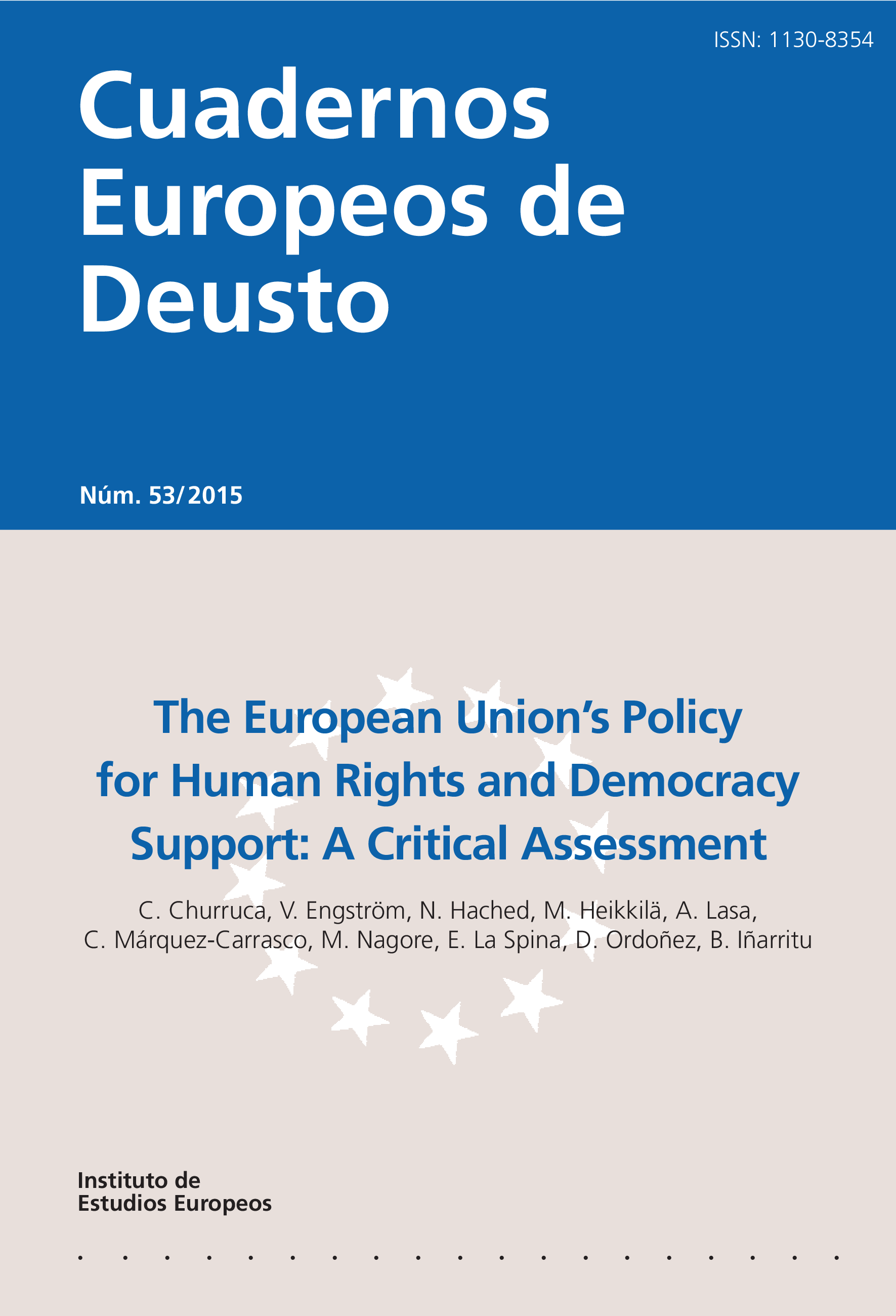Challenges and complexities in the protection of fundamental rights in the EU’s Area of Freedom, Security and Justice
Abstract
It is well known by now that the uneasy coupling of freedom, security and justice in the former third pillar of the European Union often has turned out detrimental to the protection of fundamental rights. In the Area of Freedom, Security and Justice (AFSJ), being one of the most rapidly developing areas of European integration, security matters seem almost by definition to be prioritized over fundamental rights concerns. While the ‘Lisbonization’ of the AFSJ brought with it both institutional and substantive improvements, several fundamental rights challenges still remain. The Treaty of Lisbon can therefore be said to have resulted in something of a dual image in respect of fundamental rights protection. The article aims at identifying the most important current challenges. These challenges range from systemic concerns (such as the coherence of EU action or inadequate mainstreaming of fundamental rights) to more concrete issues (for example, concerning the responsibilities of individual agencies). The article seeks to demonstrate that fundamental rights concerns are present at multiple levels. In addition, the article will consider the impact of certain recent developments in the AFSJ on the protection of rights.
Received: 17 April 2015
Accepted: 17 June 2015
Published online: 15 April 2016
Downloads
The author grants to the Publisher the distribution, public communication, and reproduction rights of her/his work subject of publication in Deusto Journal of European Studies (DJES), whichever the media may be, including the permission to include it in the databases where this Journal is indexed and in the institutional repository of the Universidad de Deusto.
Upon its publication, the content of any Issue of Deusto Journal of European Studies (DJES) can be accessed, read, downloaded, copies, and distributed freely for non-commercial purposes and in accordance with any applicable copyright legislation.
The content of Deusto Journal of European Studies (DJES) can be subsequently published in other media or journals, as long as the author clearly indicates in the first footnote that the work was published in Deusto Journal of European Studies (DJES) for the first time, indicating the Issue number, year, pages, and DOI (if applicable). Any other use of its content in any medium or format, now known or developed in the future, requires prior written permission of the copyright holder.
The content of the work published in Deusto Journal of European Studies (DJES) is each author's sole responsibility. The authors assume the responsibility of obtaining all the necessary licenses for the reproduction in their manuscripts of any text, material or illustration coming from another author, institution or publication. The liabilities that may arise from complaints for publishing plagiarised articles are the sole responsibility of the author.


3.jpg)
2.jpg)
2.jpg)
2.jpg)
2.jpg)
2.jpg)







